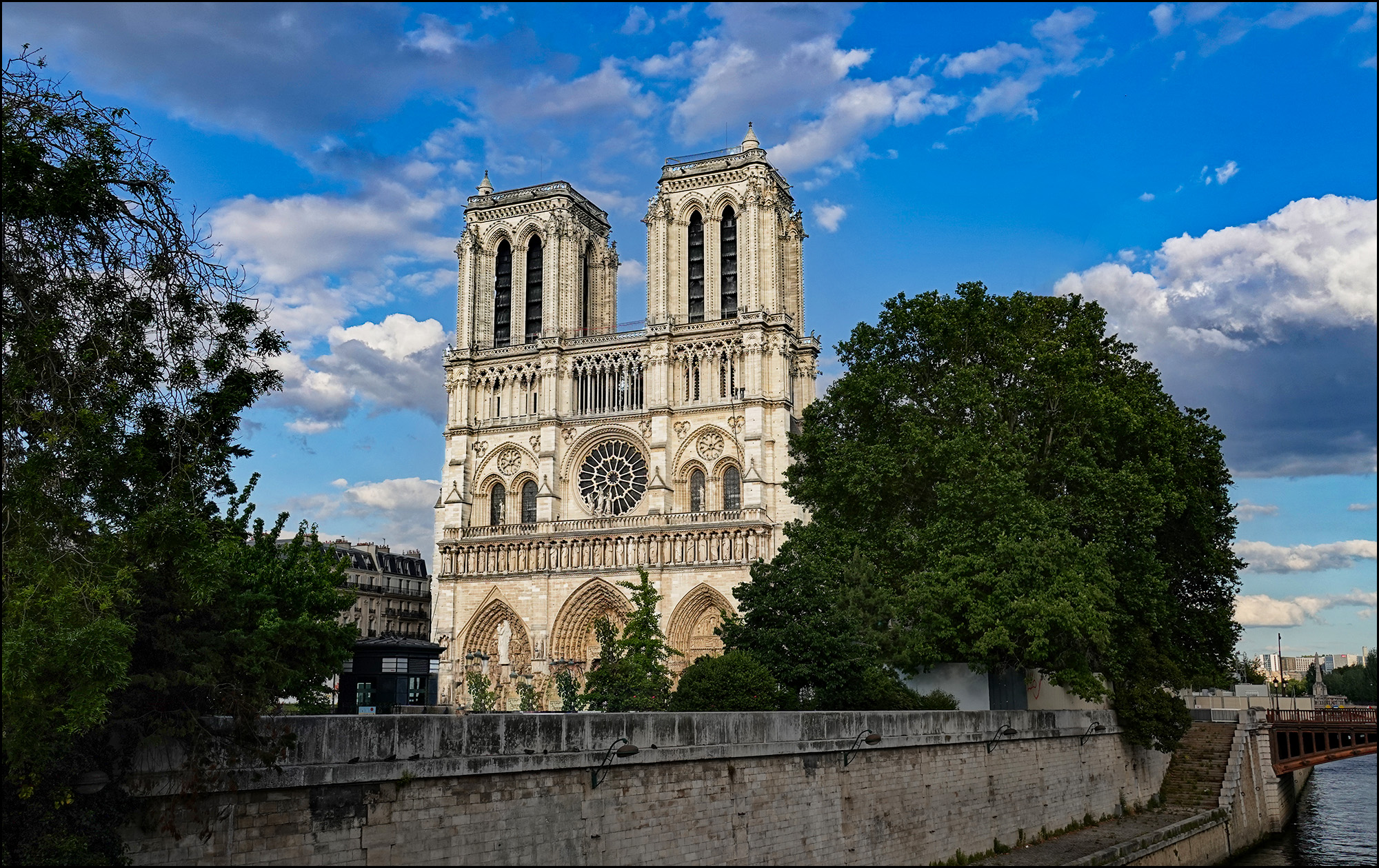After spending literally decades trying to get access to Alaskan wilderness areas, it turns out that oil companies don't really want it after all. This is from the Anchorage Daily News on Thursday:
Another oil company backs out of leases in Alaska’s Arctic National Wildlife Refuge
.
The only oil company that bought a single lease in the Arctic National Wildlife Refuge early last year has canceled its lease, according to the U.S. Interior Department.The move by Regenerate Alaska is the latest example of the industry stepping away from possible oil and gas development in the 19-million-acre refuge. Hilcorp and Chevron have also canceled their interest in separate, older leases, on a small tract of Alaska Native corporation-owned land within the refuge’s boundaries.
Regenerate Alaska was the only company to bid on ANWR leases in the waning days of the Trump administration. None of the majors showed any interest, and now, even the companies that already have leases are getting out. This is partly because the Biden administration hasn't been friendly toward ANWR leasing, but it's also because ANWR was never a huge pot of gold in the first place.
This has long been my main gripe about ANWR: Both sides have invested way more into the fight than they can justify. On the one hand, ANWR doesn't really have all that much oil,¹ and it's expensive to get out. On the other hand, a pipeline wouldn't do all that much damage to the caribou.² I'd just as soon not drill in ANWR, partly because we need to stop opening new oil fields regardless, but it's just not a big deal either way.
¹EIA estimates that over the period 2031-2050, ANWR would increase US production about 4% and world production by about 0.2%.
²You'll have to check this out for yourself. There are hundreds of assessments, almost all of them coming from organizations with an axe to grind, and my meta-sense is that taken together they suggest only moderate effects. But reasonable people can differ about this.





